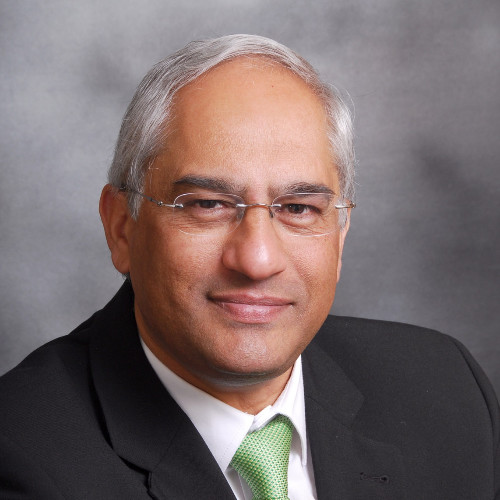The 10th Conference of the Parties (COP) convened by the World Health Organization (WHO) will be taking place in November 2023 to discuss the Framework Convention on Tobacco Control (FCTC). The COP will discuss updates to the approach taken by member states in implementing the FCTC.
“It is an appropriate time for leaders in South Africa and elsewhere to indicate the inappropriate stance of WHO and regulators in not supporting the use of electronic nicotine delivery systems (ENDs),” says award-winning pharmacological healthcare consultant, Professor Praneet Valodia. “The WHO has an obligation to support smokers and save lives.”
He adds that as healthcare professionals and medical scientists, we have an obligation to protect smokers in every possible way from the harm that is associated with smoking.
South Africa has a high prevalence of smoking, i.e. 25,8 percent as released by the Global Adult Tobacco Survey (GATS) in 2022 although the FCTC was signed about 20 years ago. “This lack of reduction in the prevalence of smoking should be questioned by South African leaders including the South African government,” he says.
“Hence, we need effective ways to curb the high smoking prevalence,” explains Valodia. “With regards to South Africa, it appears that solely relying on the FCTC treaty and MPOWER tobacco control measures have not reduced the prevalence of cigarette smoking.”
Most notably he says, by combining the MPOWER tobacco control measures for smoked tobacco and providing communication that ENDs are less harmful alternatives to combustible cigarettes will support South Africa’s goals of reducing the prevalence of smoking by 2030.
“Harm reduction has been widely applied as an intervention strategy in many areas such as HIV/AIDS, drug use, and the COVID-19 pandemic with success,” Valodia adds. “The same principles could be applied to reduce the prevalence of smoking in South Africa.”
“The COP meetings, based on past experience of those who were involved, are conducted in an environment where differing views are not heard, for example smokers who benefited from combustion-free products and independent scientists who support science-based evidence on tobacco harm reduction,” he explains. “It is requested that member countries insist that COP follow the example of world leaders such as Nelson Mandela and Mahatma Gandhi who encouraged open dialogue of all parties concerned, even the enemy.”
He adds that COP has deliberately excluded relevant stakeholders from participating in the COP process, despite their expertise, research findings and personal experiences.
“South Africa needs to consider that the current FCTC is not fit for purpose,” he says. “The missing strategy in the FCTC policies is the implementation of tobacco harm reduction.”
He says that countries such as Sweden, UK and Japan that have supported combustion-free products have provided reasonable proof that using these products have greatly reduced the prevalence of smoking which should be the primary objective of the FCTC. Such an approach will reduce the burden of disease and save millions of lives.
“At this stage, it is important that member countries and independent stakeholders request an independent review of the policies and practices of COP,” Valodia explains. “In this way, transparency, innovation and a review of the evidence on ENDS can be considered in decision-making.”
However, he adds this preventative strategy is opposed by the South African government and organisations like the WHO with regards to supporting ENDs as less harmful alternatives to combustible cigarettes. “The consequence of this is that millions of smokers continue to smoke because they are discouraged from switching to less harmful alternatives,” he says.
The question he asks is why is the WHO opposed to access to less harmful alternatives to combustible cigarettes considering the science-based evidence from independent and reputable organisations such as the United States Food and Drug Administration (FDA); Cochrane Collaboration; National Institute for Clinical Care and Excellence (NICE); Academies for Science, Engineering and Medicine (USA), Office for Health Improvement and Disparities (UK Government); Tobacco Advisory Group of the Royal College of Physicians and Cancer Research United Kingdom?
“The South African government is urged to make its own decisions and dissociate itself from the draconian FCTC and COP’s unilateral approach,” Valodia concludes.












